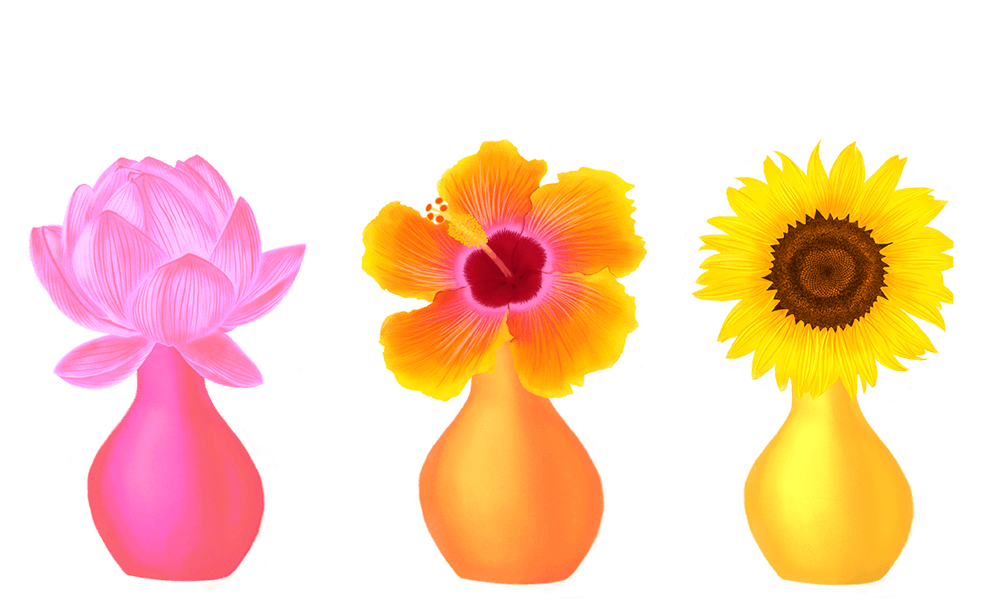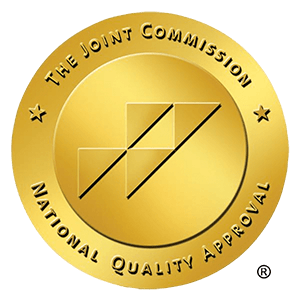TMS Improves Brain Neuroplasticity
TMS works by improving the neuroplasticity of the brain. “Neuroplasticity” refers to the brain’s ability to change by growing, reorganizing, and remodeling the pathways of communication between brain cells.
Specifically, TMS delivers magnetic pulses into the brain, inducing brief electrical activity within brain cells underneath the machine’s treatment coil. These magnetic pulses produce changes in neuronal networks and synaptic connections in regions of the brain that are responsible for emotional control and mood regulation.
The effects that TMS has on neuronal activity depends on the parameters of the stimulation delivered to the brain through the machine’s coil. TMS can either increase neuronal firing—leading to enhanced activity in the targeted brain region—or it can decrease neuronal firing, which inhibits activity in the stimulated area.

Therapeutic Applications
There are many therapeutic applications for TMS. There are evidence-based, peer-reviewed clinical studies published in major medical journals indicating that TMS can offer treatment for many mental and behavioral health issues, including:
- Depression
- Postpartum Depression
- Anxiety
- Obsessive Compulsive Disorder
- Smoking Cessation
- Post Traumatic Stress Disorder (PTSD)
- Eating Disorders
- Bipolar Disorder (BPD)
- ADHD
- Parkinson’s Disease
- Schizophrenia
- Chronic Pain
By modulating neuronal activity in targeted brain regions, TMS may be able to alleviate symptoms associated with these conditions. However, it is important to note that currently, insurances will only reimburse for TMS treatment for patients with certain types of depression—typically, Major Depressive Disorder (MDD) and Treatment Resistant Depression (TRD).
Contact Us Today
If you or someone you love is struggling with depression, TMS may be able to help. Contact us today to learn more.






 In CA By O360®
In CA By O360®